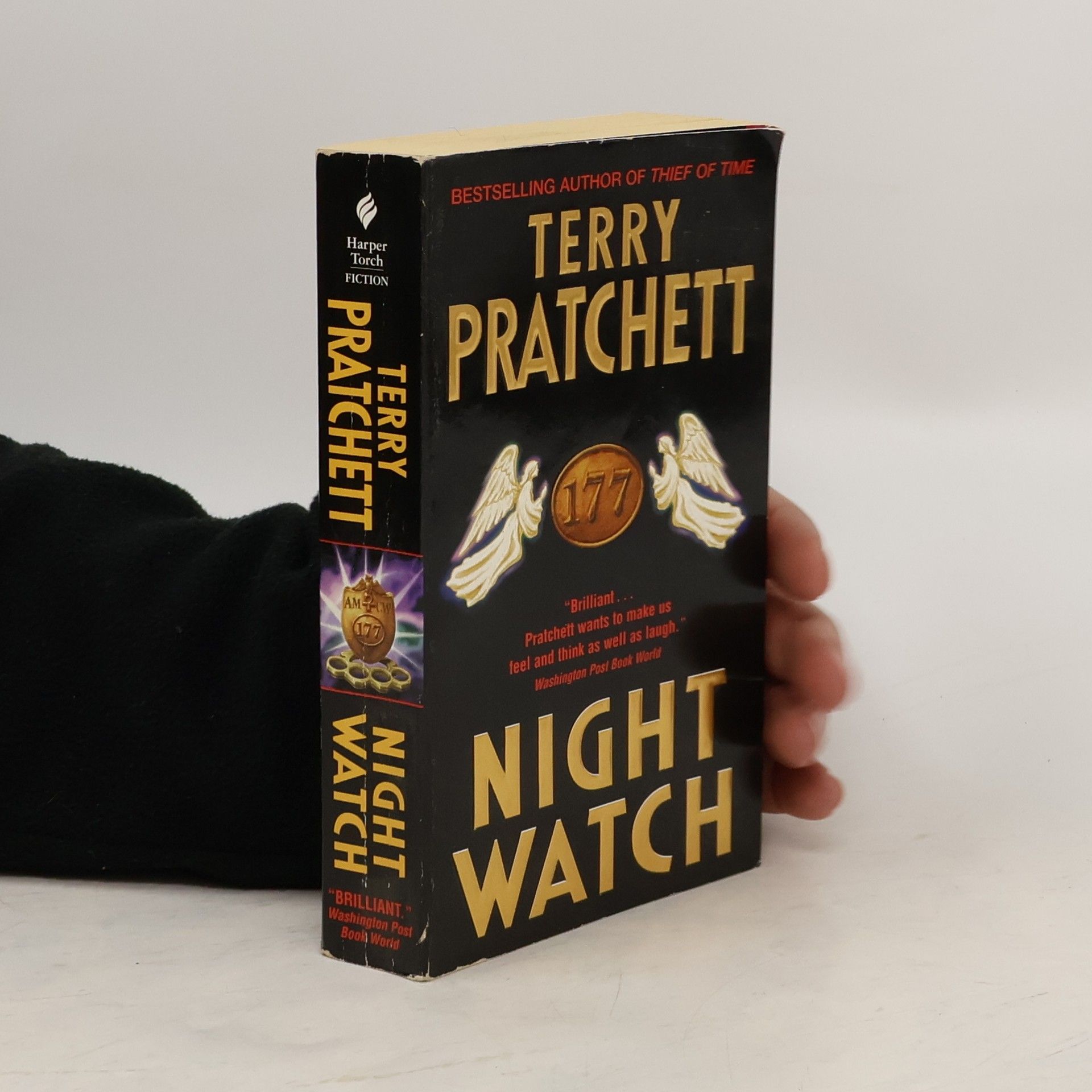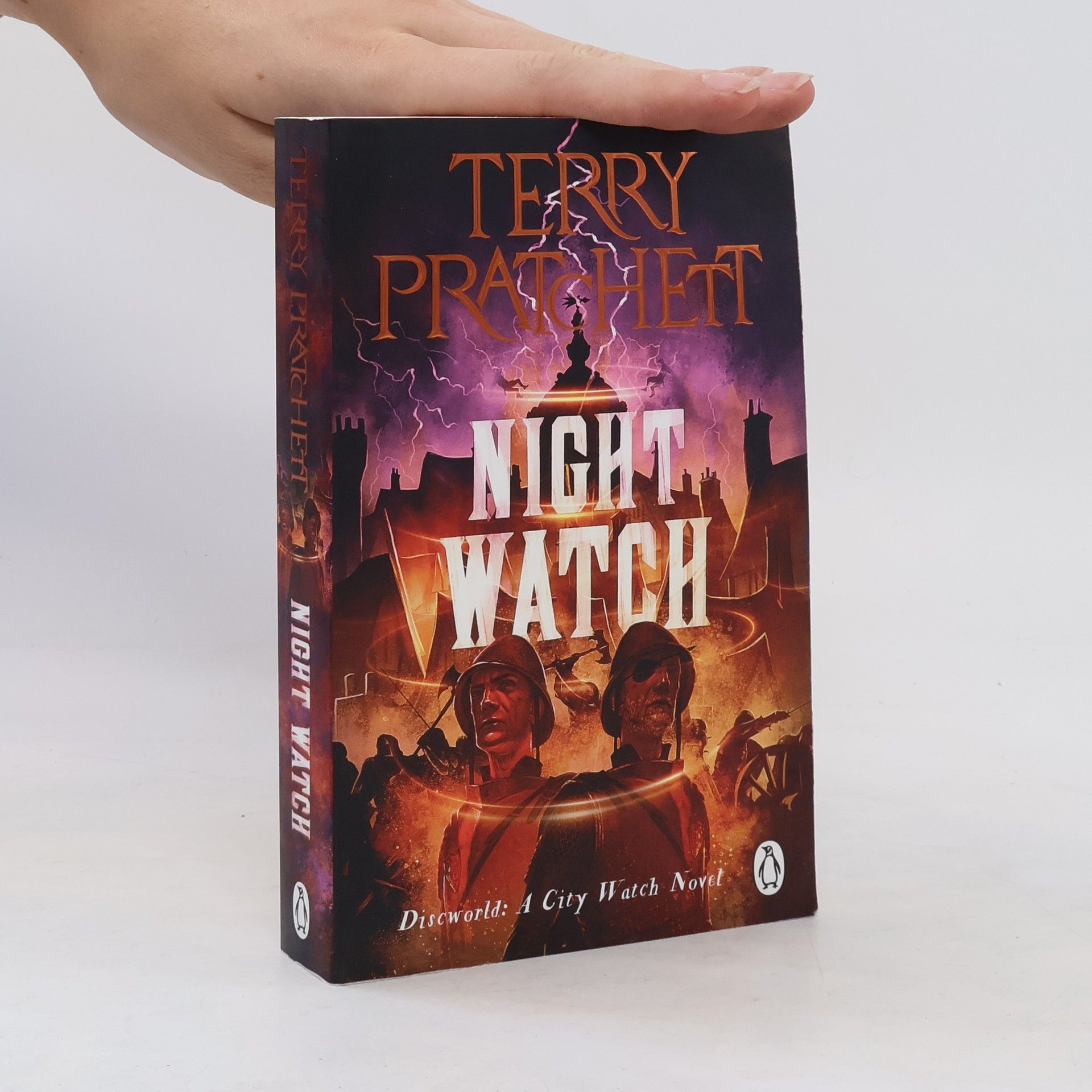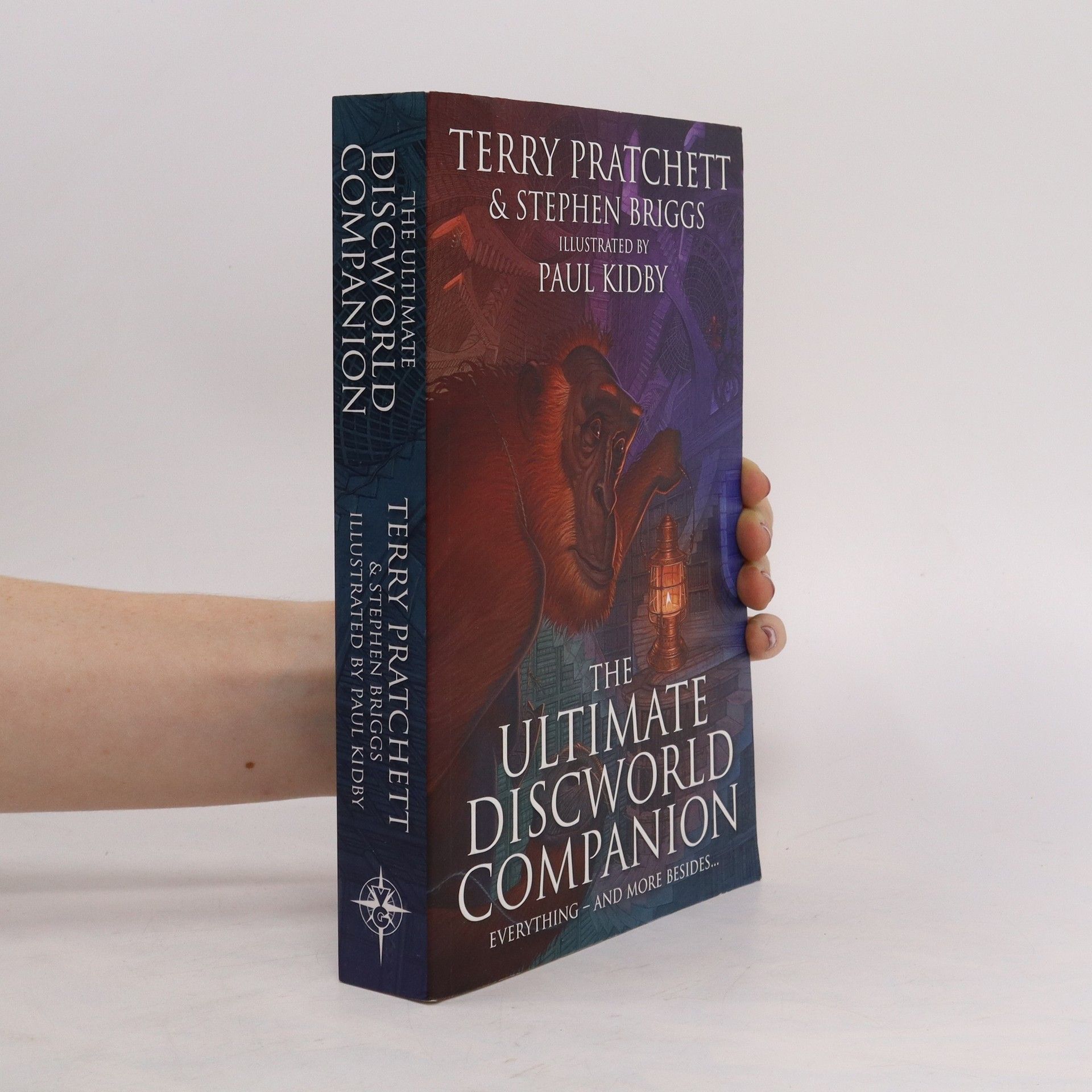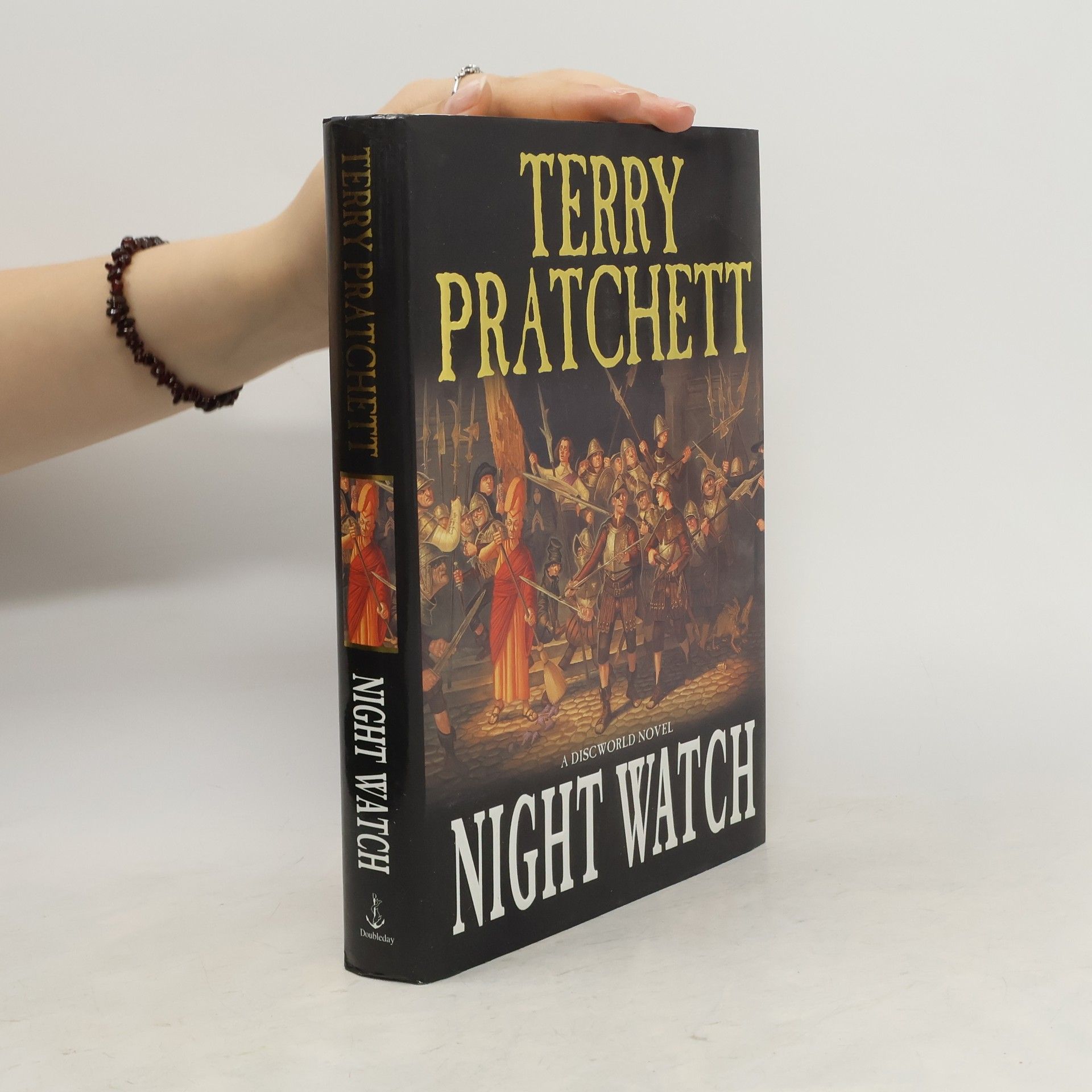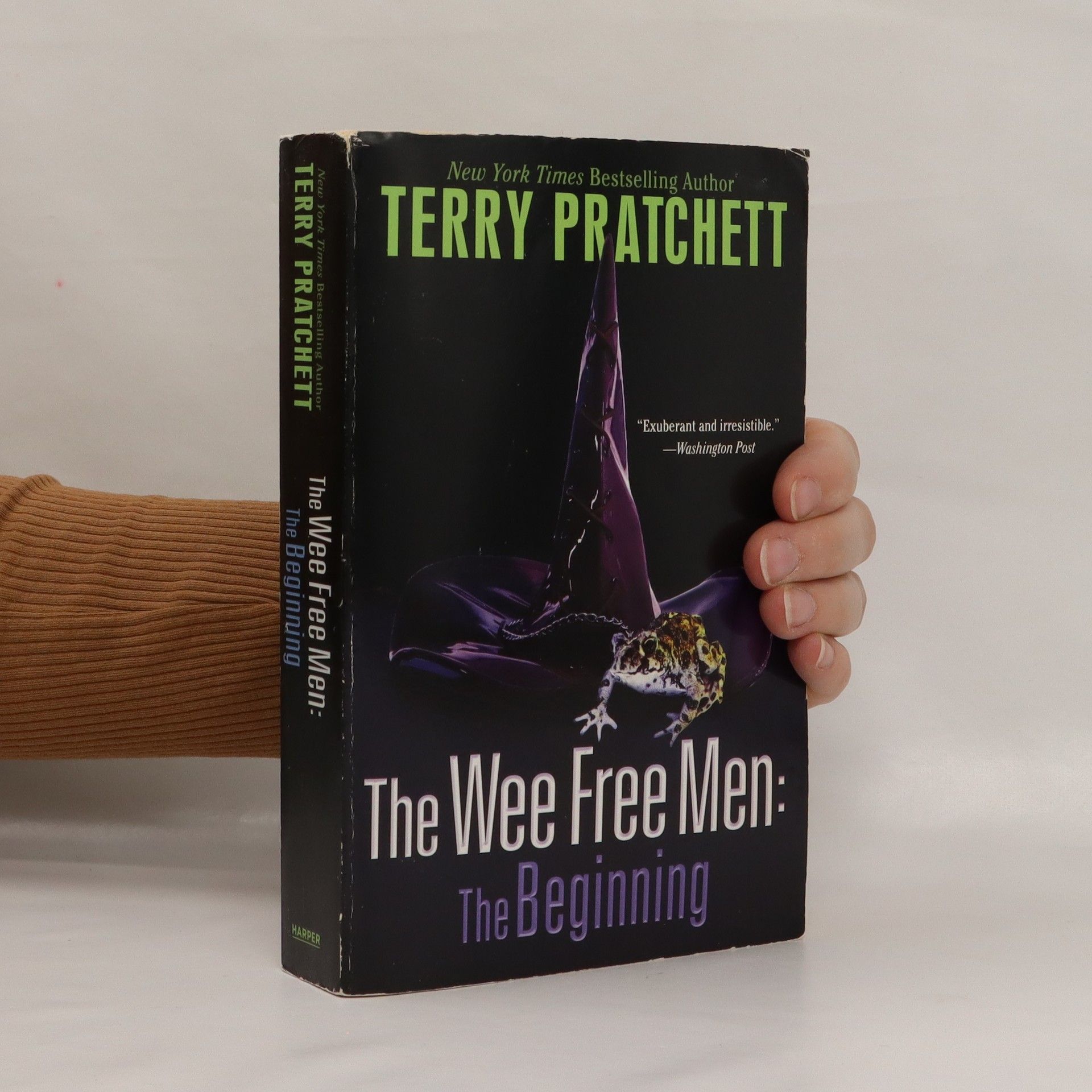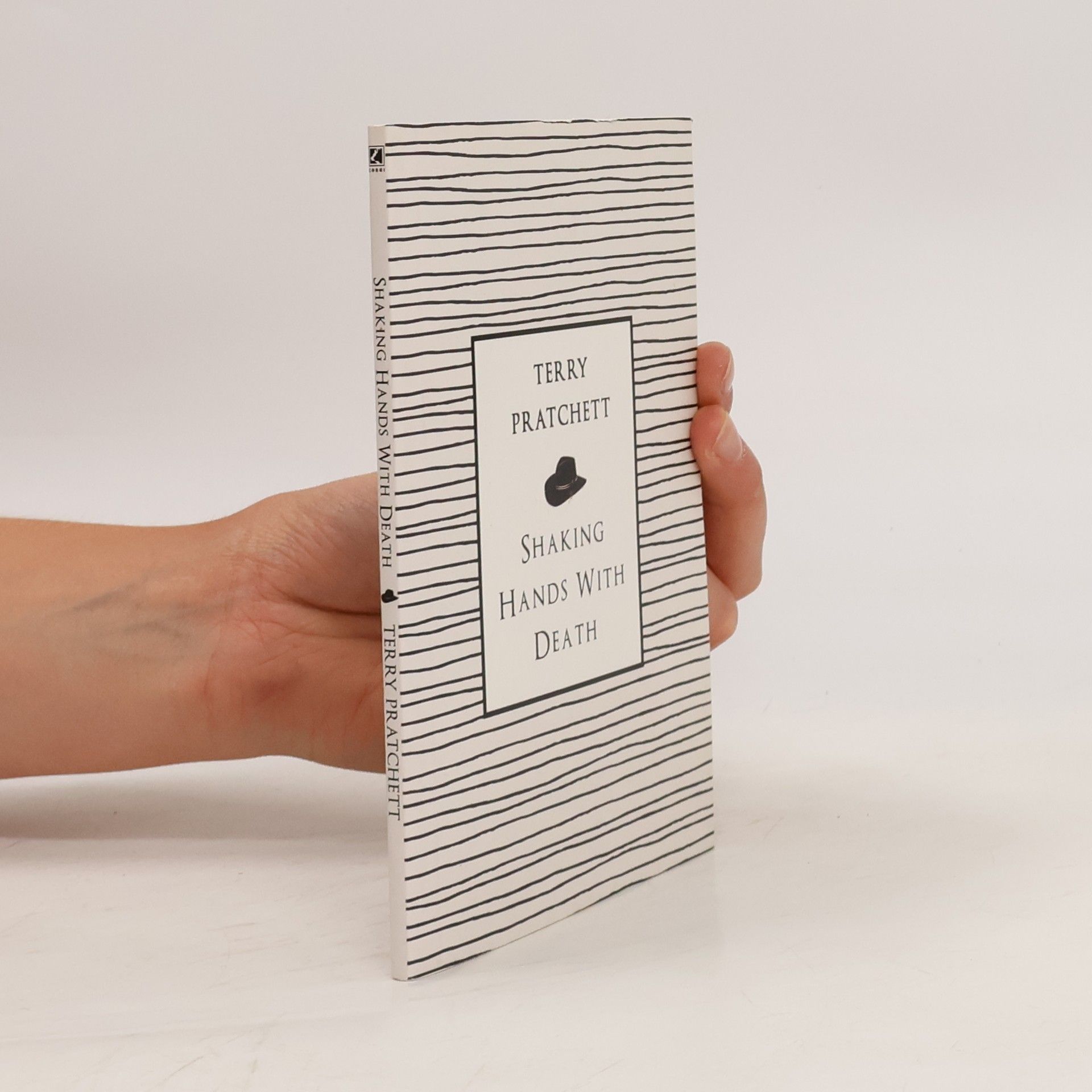The Art of Discworld
- 128 pages
- 5 hours of reading
A sumptuous illustrated journey through Terry Pratchett's DISCWORLD; a companion volume to THE LAST HEROIn THE ART OF DISCWORLD, Terry Pratchett takes us on a guided tour of the Discworld, courtesy of his favourite Discworld artist, Paul Kidby. Following on from THE LAST HERO, THE ART OF DISCWORLD is a lavish 112-page large format, sumptuously illustrated look at all things Discworldian. Terry Pratchett provides the written descriptions while Paul Kidby illustrates the world that has made Pratchett one of the best-selling authors of all time. Here you will find favourites old and new: the City Watch, including Vimes, Carrot and Angua, the three witches - Granny Weatherwax, Nanny Ogg and Magrat Garlick - and the denizens of the Unseen University Library, not forgetting the Librarian, of course. They're all here in sumptuous colour, together with the places: Ankh-Morpork, Lancre, Uberwald and more ...No Discworld fan will want to be without this beautiful gift book.

